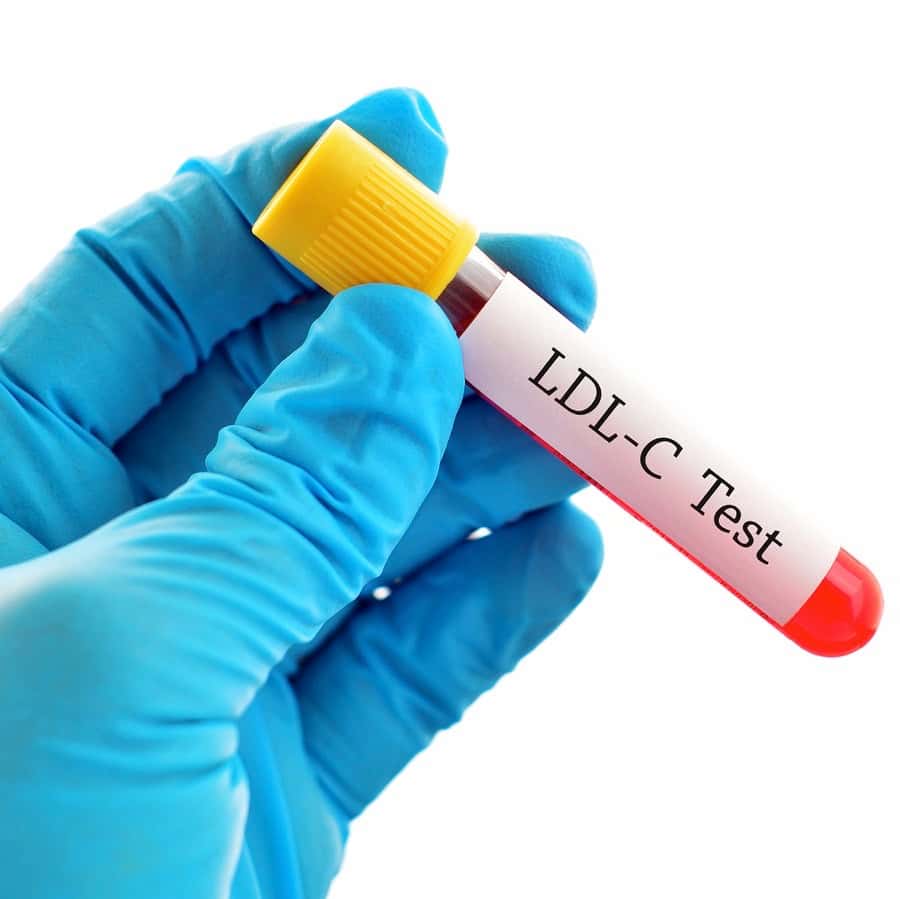
You have probably heard that high LDL cholesterol is a risk factor for heart disease. That is the reason doctors prescribe medication to lower cholesterol. Most people imagine this is most important for people at high risk for heart disease, and that is probably true. A new study suggests that even people at low risk for heart problems could benefit from keeping LDL cholesterol under control (Circulation Aug. 16, 2018).
The Long-Term Study:
In this study, 36,375 participants of the Cooper Center Longitudinal Study were considered to be at low risk, less than 7.5 percent, for a heart event over the next ten years, based on an algorithm that takes multiple risk factors into account. Blood lipids were measured and the volunteers were followed up for approximately 27 years.
High LDL Cholesterol at the Outset Predicted Worse Outcomes:
During the study, 1,684 of the participants died from coronary heart disease or cardiovascular disease. (This is just under 5 percent of the total number of study subjects.) Those who had high LDL cholesterol levels were more likely than those with very low levels to end up among the deceased. Specifically, after adjusting for other risk factors, people with LDL cholesterol between 160 and 189 mg/dL and those with LDL levels of at least 190 mg/dL were 70 and 50 percent more likely to perish during the quarter century follow-up. That amounts to approximately four years less of life.
What Should You Do About Your High LDL Cholesterol Levels?
If you have high LDL but are otherwise healthy, you could benefit from paying more attention to your diet, exercise, and stress management.
The lead author, Dr. Shuaib Abdullah, told Medical News Today:
“Those with low risk should pursue lifestyle interventions, such as diet and exercise, to achieve LDLs levels as low as possible, preferably under 100 [milligrams per deciliter],” Dr. Abdullah advises, adding, “Limiting saturated fat intake, maintaining a healthy weight, discontinuing tobacco use, and increasing aerobic exercise should apply to everyone.”
You can learn more about such non drug approaches from our Guide to Cholesterol Control and Heart Health.

